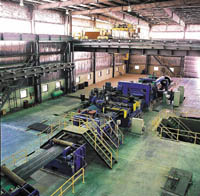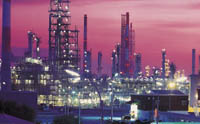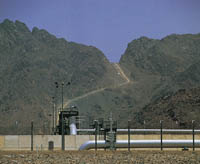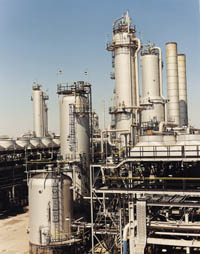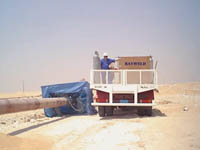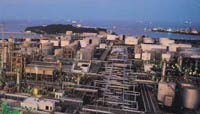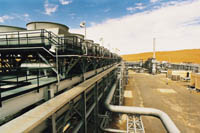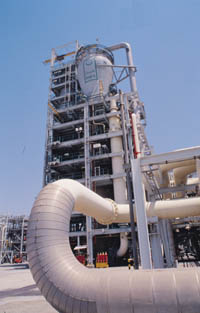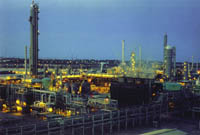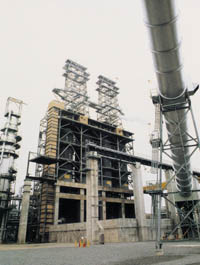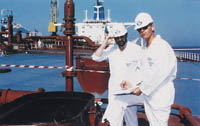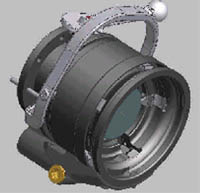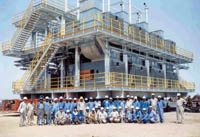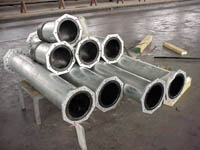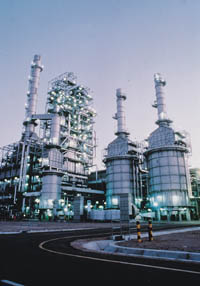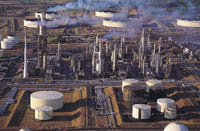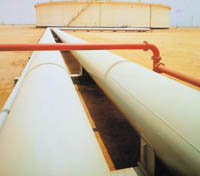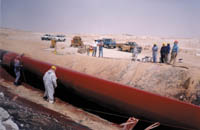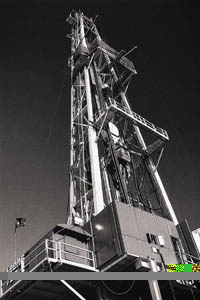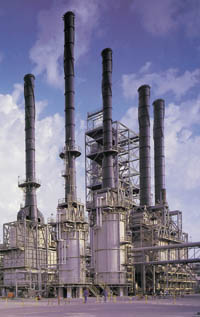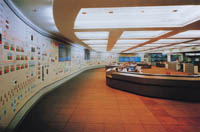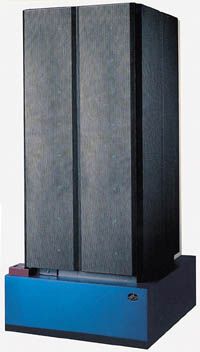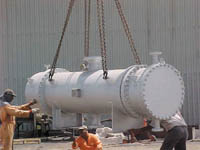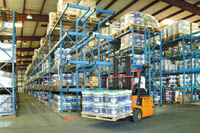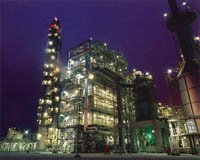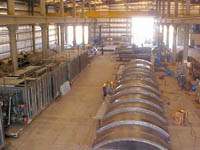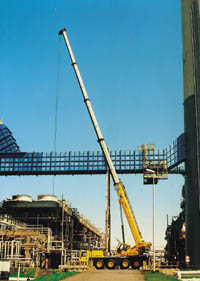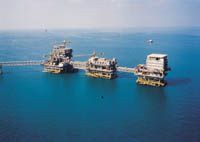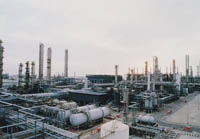
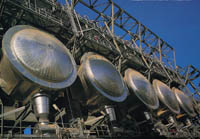 A Sabic MTBE producer ... the additive is used domestically at refineries as well as being exported
A Sabic MTBE producer ... the additive is used domestically at refineries as well as being exported
The decision by Saudi Aramco to start producing unleaded gasoline at its refineries from the beginning of this year is clearly a welcome step in the field of environmental protection in the Kingdom.
Saudi Aramco's switch to unleaded gasoline is said by officials to be ''a concrete example of how we are working together with the regional and international community to improve the environment.''
But stringent environmental regulations in the Kingdom do not cover only unleaded fuel production.
An inter-agency government committee is to be formed to monitor the proper disposition and use of Methyl Tertiary Butyl Ether (MTBE), which has been developed as gasoline component and has received attention as an octane booster and alternative to lead-derivatives and other additives.
Saudi Aramco earlier this year had hailed MTBE production in the Kingdom as a ''dream come true'', with the product being available for both domestic use and for export.
The formation of the inter-agency committee was approved in principle earlier this year during a conference on the environmental impact of unleaded gasoline held at the King Fahad University of Petroleum and Mineral (KFUPM).
The conference, which was jointly organised by KFUPM and Saudi Aramco, was attended by officials from Saudi Aramco, Saudi Basic Industries Corporation (Sabic), King Fahad University of Petroleum and Minerals (KFUPM), Directorate of Civil Defense, Meteorology and Environmental Protection Administration (MEPA), Saudi Arabian Standard Organizations (Saso), Ministry of Industry and Electricity and representatives of gas station dealers.
The committee will look at the production aspect, use and disposal of unleaded gasoline, which has been enhanced by MTBE.
Dr Halim Hamid Redhwi, section manager of the Center for Refining and Petrochemicals at the KFUPM Research Institute, said that since Saudi Arabia introduced lead-free gasoline, the Kingdom has been assured of cleaner air.
He said a recent survey on air pollution showed that the quality of air in the Kingdom, including lead content, is by far much cleaner than other major cities in the world.
He added that even before the Kingdom introduced lead-free fuel, lead content of air in the Kingdom was less than those in key cities of US and Far East ''because in the Kingdom, as a flat land, the concentration of chemicals in the air is diffused''.
However, concerns have been raised, by US and European ethanol producers in particular, over the use of MTBE, with some saying that it poses a health hazard.
A number of US states, including California, have banned MTBE because it is claimed that it has harmful effects in very cold climate, though this claim has yet to be substantiated.
Medical findings and scientific studies, however, suggest that MTBE is not carcinogenic, toxic or harmful to health, said Dr Redhwi.
MTBE has a pungent, but not harmful, smell when released into the air, he explained.
The inter-agency committee will therefore ensure that all MTBE storage tanks, including lead-free gasoline storage facilities, are properly sealed, fixed and do not leak.
Saudi Arabia is the largest MTBE producer in the world, with a number of Sabic plants manufacturing some 2.85 million tonnes per year of the additive.
As well as enhancing vehicle engine life, unleaded fuel will allow for the introduction of the latest emissions control technologies for vehicles in the Kingdom starting next year.










































































